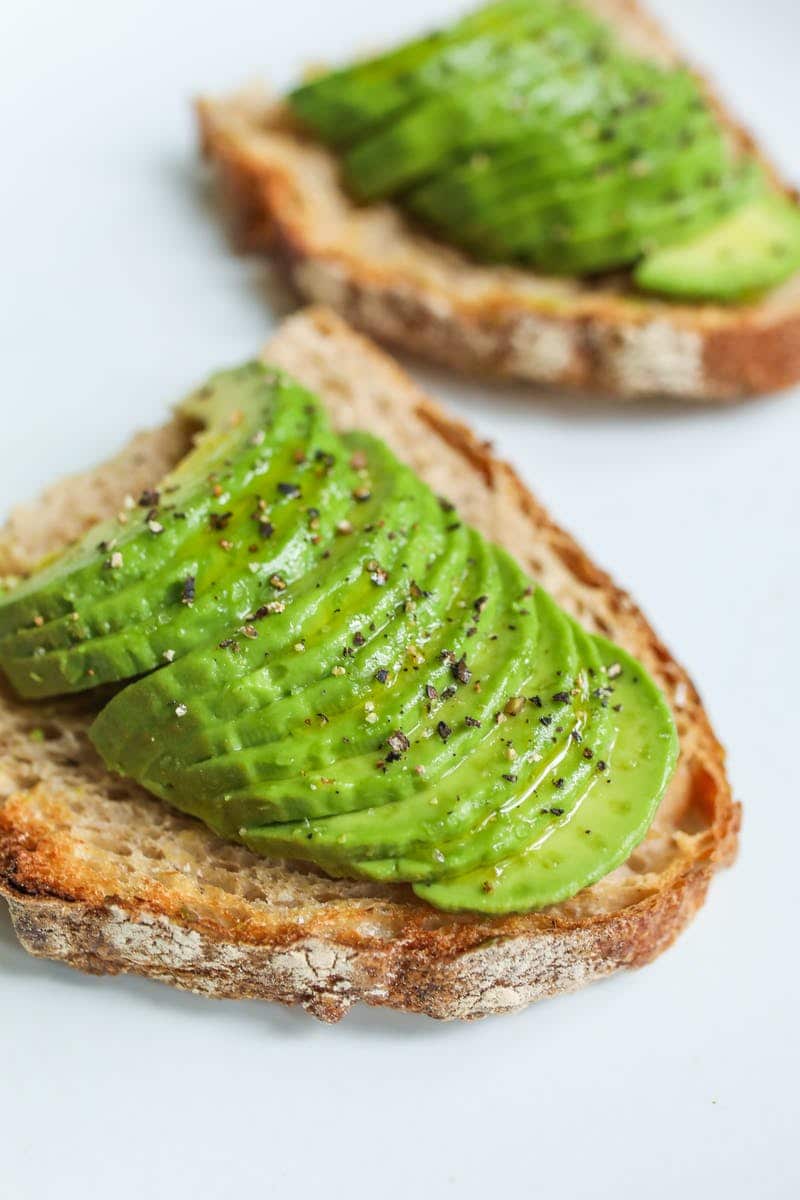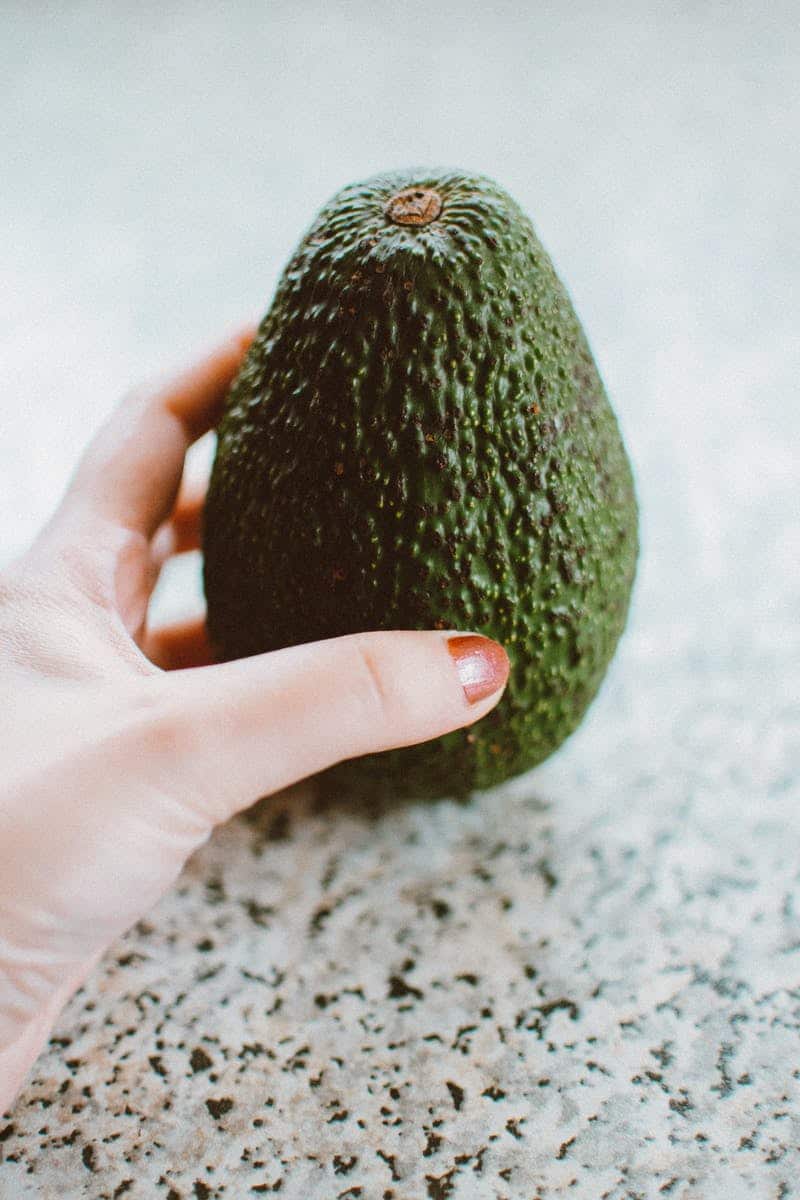Good news for avocado eaters

By Health Editor, The Post
From toast toppings to smoothie, the humble avocado is fast rising the premiership table of trendy foods.
And the good news is that it is also receiving rave health reports
A new study shows that eating two or more servings of avocado weekly was associated with a lower risk of cardiovascular disease.
Researchers believe this is the first, large, prospective study to support the positive association between higher avocado consumption and lower cardiovascular events, such as coronary heart disease and stroke.

“Our study provides further evidence that the intake of plant-sourced unsaturated fats can improve diet quality and is an important component in cardiovascular disease prevention,” said Lorena S. Pacheco, Ph.D., M.P.H., R.D.N., lead author of the study
RELATED: https://goodnewspost.co.uk/its-good-news-for-your-health-meet-the-humble-asparagus/
The study has been published in the Journal of the American Heart Association.
Three other potential health benefits of avocado.
1. Avocados are nutritionally rich
Avocados have been commended as an example of a nutrient dense food, with one half of the fruit counting towards your five-a-day.
Avocados are an excellent source of monounsaturated fat and vitamin E, and are a good source of folate. They also supply more soluble fibre than other fruit and contain a number of useful minerals including iron, copper and potassium.
2 May help to regulate appetite
There is no doubt that the calorie content of avocados is greater than other fruits and vegetables. However, an interesting study has shown that the fat and fibre content of avocados leads to feelings of satiety which helps regulate appetite.
3 May help keep eyes healthy
Alongside the benefits outlined above, avocado are a rich source of protective vitamin E as well as carotenes including lutein and zeaxanthin which are thought to help keep the eyes healthy.
DISCLAIMER: The content in this blog is not intended to constitute or be a substitute for professional medical advice, diagnosis, or treatment. Always seek the advice of your doctor or other qualified health care provider with any questions you may have regarding a medical condition. Never disregard professional medical advice or delay in seeking it because of something you have read in this blog or on this website.
For more stories click: http://goodnewspost.co.uk




